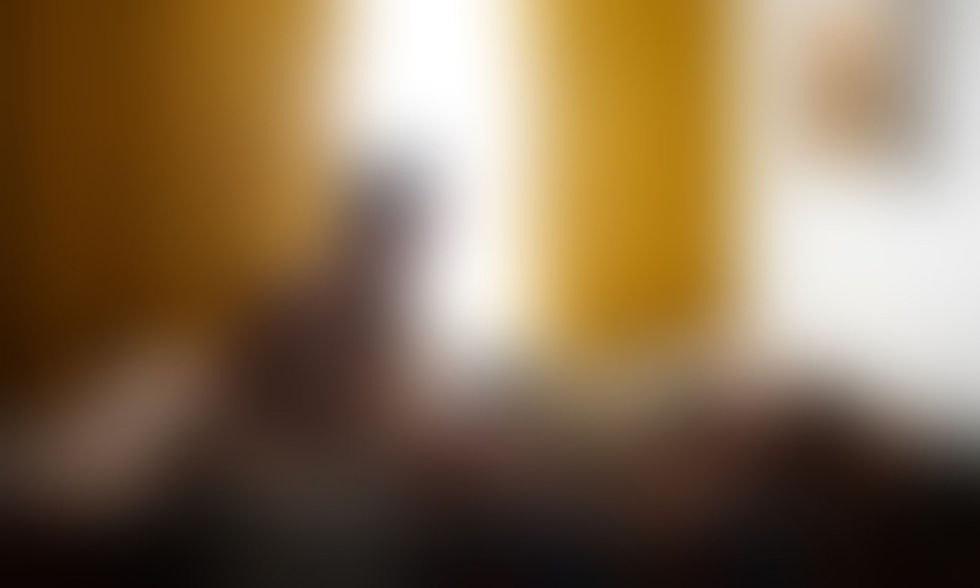'The Lost Flowers Of Alice Hart' Series Review: Sigourney Weaver Leads A Tragic Prime Video Drama
- S.J.
- Aug 2, 2023
- 3 min read
Updated: Aug 12, 2024

Is it the flowers that are lost or is it the person surrounded by them? That is possibly one of the big metaphorical questions raised in this drama miniseries set in Australia's picturesque landscapes. The Lost Flowers Of Alice Hart adapts Holly Ringland's novel of the same name, starring Alycia Debnam-Carey and Alyla Browne as the adult and child versions of the title character, respectively, while Sigourney Weaver plays Alice's grandmother June.
At the age of nine, Alice loses her pregnant mom Agnes (Tilda Cobham-Hervey) and physically abusive dad Clem (Charlie Vickers) in a fire, leading to a custody battle between June and family friend Sally (Asher Keddie). Alice goes to live with June and her wife Twig's (Leah Purcell) at their flower farm that is also a shelter for women who've suffered from domestic abuse. However, dark family secrets are lurking in the shadows, waiting to come out.
Director Glendyn Ivin's scenic imagery, shot by cinematographer Sam Chiplin, develops a striking contrast initially to the claustrophobic and horror-tinged nature of Alice's life and changes that she goes through in the first few episodes. Browne is mostly given a silent role as Alice walks across rooms where there are conversations about her, sometimes even involving her in a way that this little girl hasn't experienced under the tyranny of her dad earlier, and the young actor is able to hold her own with adult actors. That's impressive since Keddie notably in her outing delivers a lot of emotion and sincerity — the show's superpowers — which clashes well with the secretive, serious approach that Weaver is taking. Sadly that friction gets left behind in the second half of the series but it's still compelling when it is there.
There are some aspects of the show that stay strong throughout, such as set decoration by Paul Sarpi which lets the greenery team create lovely designs to make Ivin's frames really pop as they bring depth and rich colour to every shot, while hair and makeup (designed by Lara Jade Birch) handles time jumps neatly. It's consistently a lovely show to look at but the scripting led by showrunner Sarah Lambert can't quite sustain its momentum as it wobbles in the middle before getting essentially burned down in mind-boggling fashion during the last two episodes. That downfall is massive when it loses its intimate and sincere touch on themes or subjects like sorrow, remorse, domestic abuse and self-agency, instead opting to go rather theatrical in the end, something which might read well on the page but looks excessive on the screen when it's motivated by dumb decisions and fabricated drama.
Those last two hours of the series especially feel more like 10 hours of wandering in dimly lit spaces; not helping is the fact that the acting by Weaver and even Debnam-Carey isn't able to hold the dramatic tension above the water. The series builds disharmony and reasons for Alice to escape in the beginning but due to uneven storytelling, those flowers are later left to decay.
Smileys: Set decoration, Asher Keddie
Frowneys: Ending, pacing, writing
Alice in Downunderland.
2.5/5
[Editor's Note: Apologies for the image quality. Prime Video/Amazon Studios' publicity department didn't respond to multiple requests for high-resolution stills of 'The Lost Flowers Of Alice Hart' to attach to this review. We can only assume that Amazon is simply too busy as the company avoids negotiations with both the WGA and SAG-AFTRA, or agreeing to their demands which would lead to paying writers, actors and other creators fairly with reasonable contracts, transparency about viewership and protections against the use of AI.]










